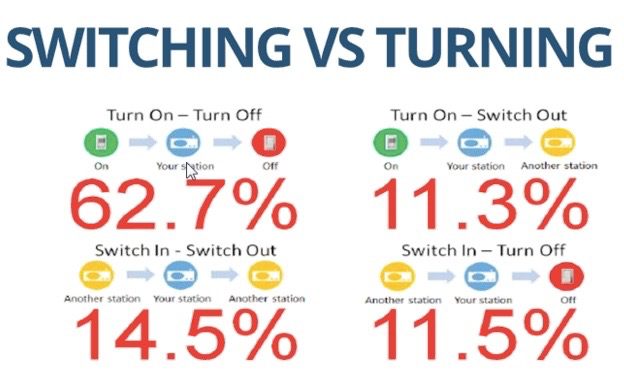Memorial Day weekend is a time to remember those who have sacrificed for our freedom. Maybe, just maybe, there is a greater lesson that applies to the legacy of your radio station.
How will your radio station be remembered?

Will it be remembered as the station that plays 25 minute music sweeps without any talk, or that it helped your community to be a better place to live and raise a family?
Will it be remembered for precisely hitting the spot sets within “bow tie” on the quarter hour, or one that helps worthy organizations in your community connect with volunteers that help others?
Will it be remembered as the station with the Joke of the Day, or one that honors moms and dads for the most important commitment they’ll ever make – raising their kids with values that make a difference in the world?
Now don’t get me wrong… there is nothing inherently wrong with a radio station having amusing little features that are appropriately targeted.
…but…
…it doesn’t matter what you do if what you do doesn’t matter.
In his book, “A Million Miles in a Thousand Years“, Donald Miller asks if they made a movie about a man who wanted to buy a Volvo, it wouldn’t be a very interesting movie. He goes on to point out that many of us live our lives that way.
Your station has a legacy. You are writing another chapter in that legacy every day.









